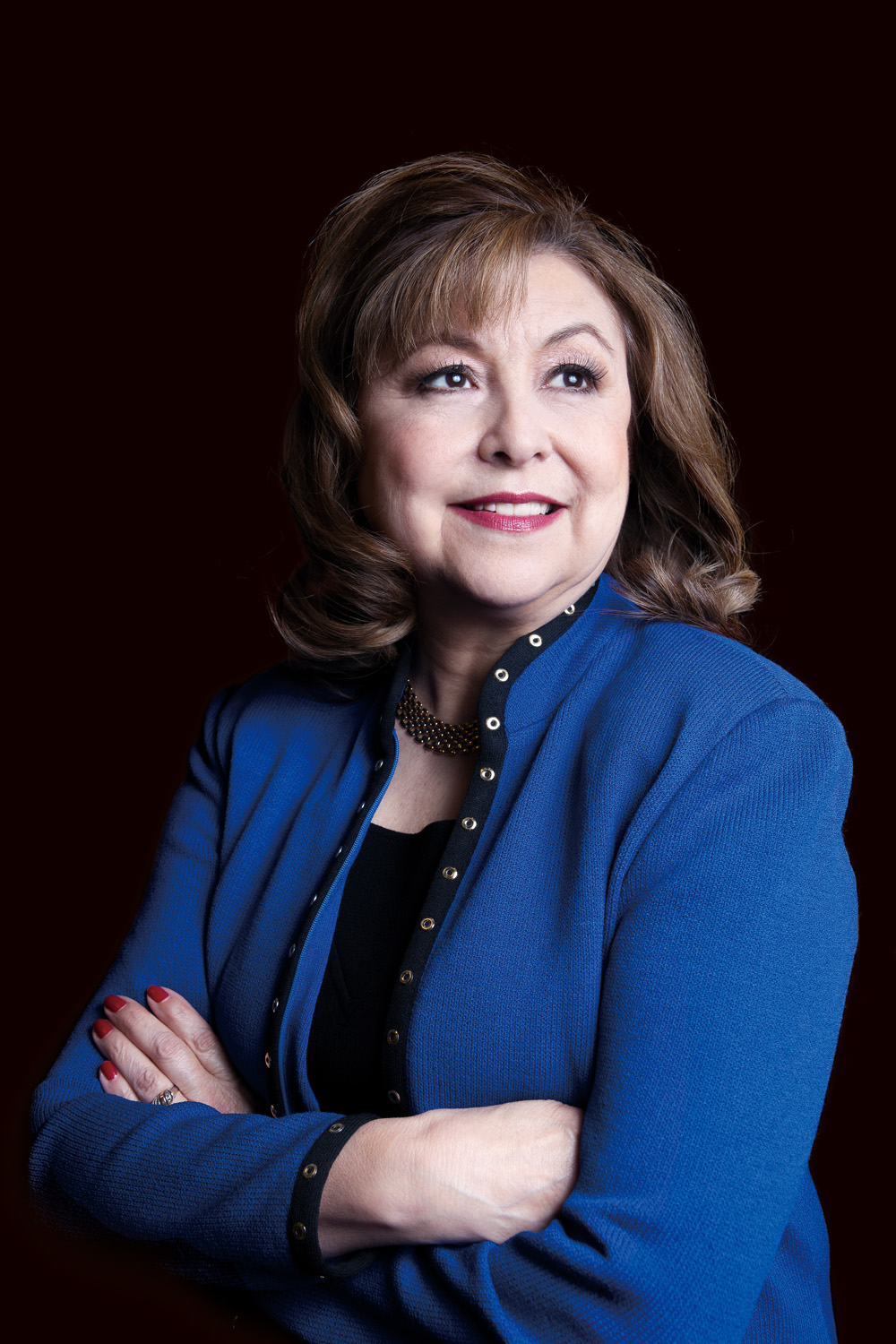
Regina Montoya has a pass to the middle class for poverty-stricken Dallas. Can it work for the nation?
On the wall outside Regina Montoya’s bedroom, hangs a painting of Peñasco, a rural New Mexico community. Every morning it reminds her of the sacrifices her family made so she could succeed. For Montoya, it is a graphic representation of one of her favorite philosophies—a metaphor Sir Isaac Newton penned more than three centuries ago: “If I have seen further, it is by standing upon the shoulders of giants.”
When Fred Montoya returned from World War II, he moved away from the northern New Mexico coal town where he was raised and his father went into the coal mines at age 13. With the civil engineering degree he earned under the GI Bill, Fred was able to support his wife’s dream to attend college and become a teacher while they raised their four children in Albuquerque, New Mexico. Together, they impressed upon their daughter Regina and her three brothers the importance of a college education, with the financial means to reinforce it.
The GI Bill allowed her father an education and thus permitted her to believe she could attend any college she wished. She chose Wellesley, where, in 1975, she graduated as one of the only Mexican-American women in her class. She then furthered her education as one of a handful of Latinas at Harvard Law School. Regina credits her law degree to that piece of legislation.
Her legal career began in 1979 with a clerkship for the legendary Judge Sarah T. Hughes, the first female district judge in Texas and an advocate for women’s and human rights. Hughes invoked a mantra that was particularly inspirational for Montoya: “If you don’t do it, someone else will.” Hughes’s passion for standing up for what’s right was a catalyst for motivating Montoya to reach her potential. Montoya also credits her achievements to her mother’s tenacity and commitment to see her children succeed.
“They are the giants on whose shoulders I stood,” she says. “Because of them, I like to remind successful professional Latinos that we have a responsibility to give back, advocate, and be those giants for today’s kids.”
